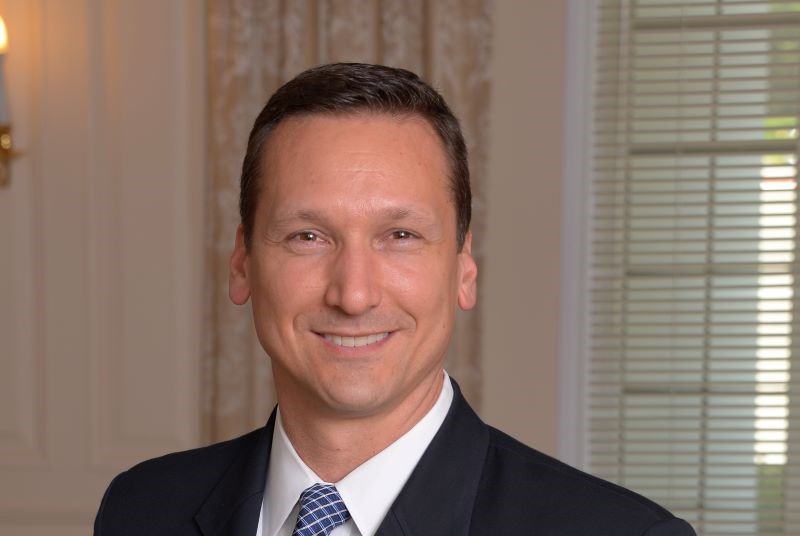
Dr. Mieyal Invests in Bio-Technology and Scientific Innovation
Instead of Being at the Bench, Paul Mieyal, Ph.D. ’00, a Hardcore Scientist at Heart, Invests in Cutting Edge Drugs and Devices

While working toward his doctorate in pharmacology in 2000, Paul Mieyal, Ph.D. ’00, took a road less traveled, adding night classes in accounting, marketing and economics. Today, he uses his dual expertise— Dr. Mieyal is a Ph.D. and a chartered financial analyst— to evaluate cutting-edge research for potential financial investment.
In the year that Dr. Mieyal earned his doctorate in pharmacology from New York Medical College (NYMC), biotechnology stocks were booming. “Any company that had ‘gen’ in its name for ‘genetics’—people couldn’t get enough of it,” Dr. Mieyal says. And yet, there was a shortage of people with the scientific training to advise biotech investors. That’s where Dr. Mieyal found his niche.
Instead of taking the traditional path into academia, Dr. Mieyal began using his scientific expertise to counsel firms on biotech investments. Today, as vice president and director of life sciences investments for Wexford Capital in Greenwich, Ct., he evaluates cutting-edge research on new medical devices, drugs and antibodies to determine if investing in their development makes good financial sense.
A “hardcore scientist at heart,” Dr. Mieyal grew up in laboratories. The son of a pharmacology professor, he spent time in his father’s lab at Case Western Reserve University in Cleveland, Ohio, and worked in those labs during his undergraduate years at the school, where he earned his bachelor’s in chemistry and psychology, and where his father still teaches. “I was very comfortable in the lab from an early period,” he says. “I especially liked the biological sciences, the study of living cells and how the body works.”
Dr. Mieyal pursued his love of life sciences at NYMC, where he worked as a lab tech before formally entering the doctoral program. He noticed, as internet and biotechnology companies began proliferating, that jobs in research and academia—and the federal grant funding on which they depended—were growing scarce. So, he began reconsidering the academic career he had initially envisioned. “There weren’t a lot of university positions available,” he recalls. “I faced the prospect of finishing my Ph.D. and having an open-ended post-doc period, which would have been highly dependent on getting a first grant. I wanted to explore what alternatives were possible.”
As he worked toward his doctorate, Dr. Mieyal took night classes in accounting, marketing and economics. Then, he took an internship at an investment firm. “The planets aligned, and I was lucky enough to be introduced to a firm that was looking for an entry-level investment analyst who could focus on biotech stocks. I accepted the job before I defended my thesis.” He later confirmed his new direction by completing the Chartered Financial Analyst (CFA) program.
Today, instead of being at the bench, Dr. Mieyal helps his company decide whether to invest in cutting-edge drugs and devices that others are developing. “It’s because of my expertise in pharmacology that I can look at the development of new drugs and understand what hurdles companies will have in clinical trials and what safety issues and risks they may face.”
He finds deep satisfaction in helping successful companies that create therapies to benefit people. “It feels good when you see a company succeed,” he says, referring to one that has developed a device for children with scoliosis. “We’re at the front lines of providing capital to entities that are giving kids access to new treatment.”
Dr. Mieyal has always thrived on scientific innovation, but he doesn’t need to drive the science. “My nature is to look at new things,” he says. “There are new companies being formed every year, and my job is to continue to look at the landscape of what’s evolving to see what we should make an investment in. It’s always exciting and dynamic.”

